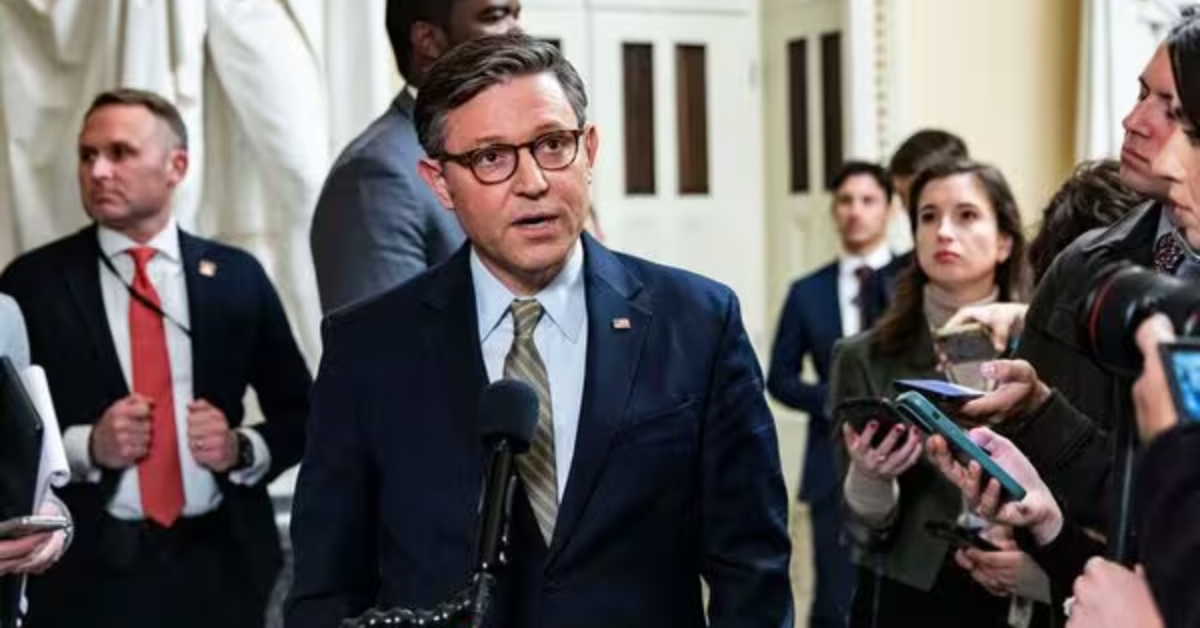The race to fund the Department of Health and Human Services (HHS) and vital healthcare programs is intensifying in Congress as the federal government shutdown deadline approaches. Lawmakers are locked in tense negotiations to pass appropriations bills that will prevent disruptions to healthcare services affecting millions of Americans. A failure to reach an agreement could see many programs halted, creating widespread uncertainty.
This budget showdown comes amid growing concerns about public health, with many young Americans closely watching the debate to see how it might impact services such as Medicaid, vaccine programs, and support for medical research. Understanding this process and its consequences can help individuals stay informed about the policies shaping healthcare access in the U.S.
What Are Appropriations Bills and Why They Matter
Appropriations bills are laws that provide funding for federal agencies and programs for the upcoming fiscal year. In this case, Congress must approve a funding plan for the Department of Health and Human Services (HHS), which oversees public health services, medical research, and welfare programs. When Congress fails to pass these bills on time, it risks a government shutdown where many services and employees could face disruptions.
The HHS is responsible for critical health programs including Medicare, Medicaid, and vaccine initiatives. According to a recent report by Congress.gov, delays in funding could delay support for these essential programs, affecting millions who rely on government assistance for their healthcare needs.
The Stakes of the Current Funding Debate
With the shutdown deadline fast approaching, the debate centers on how much money should be allocated to healthcare programs and whether certain policy changes should be included. Some lawmakers push for increased spending to address rising healthcare costs, while others are concerned about budget deficits and want to limit expenditures.
The uncertainty is particularly worrying for younger Americans who may depend on Medicaid or other health programs while building their careers. According to Health Affairs, these funds not only support treatment but also initiatives aimed at prevention and improving public health outcomes.
Potential Impact on Healthcare Programs and Services
If Congress fails to finalize appropriations, essential healthcare services could face interruptions. Programs targeting disease prevention, mental health, and community health centers may see budget cuts or delays, directly impacting service quality and availability. For instance, vaccine rollout and support for ongoing medical research could slow down, affecting public health preparedness.
The Homeland Security Digital Library notes that previous shutdowns have resulted in furloughs for thousands of federal health workers, disrupting routine operations and emergency response capabilities nationwide.
How Young People Can Stay Updated and Involved
For younger readers, staying informed about these developments is key. Following reliable news sources and official government updates can help understand how funding decisions affect healthcare accessibility. Engaging in local community discussions and voicing opinions to elected representatives can also contribute to advocating for stable healthcare funding.
Additionally, educational platforms explaining the budget process make the topic easier to grasp, encouraging more young people to participate in shaping health policies that affect their futures.
Conclusion: The Urgency for Timely Funding
The ongoing appropriations debate is more than just a political tussle—it has real consequences on the health and well-being of millions. With a shutdown deadline nearing, Congress must act swiftly to secure funding for the Department of Health and Human Services and its critical healthcare programs. This will ensure continued support for essential services and help maintain public health stability, ultimately benefiting society as a whole.







